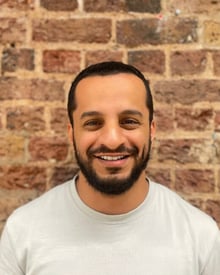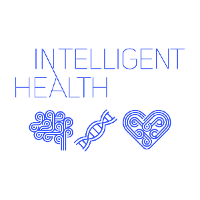Ahead of Intelligent Health (13-14 September 2023, Basel, Switzerland), we asked Dr Zaid Al-fagih, Co-Founder & CEO, Rhazes AI, his thoughts on the future of AI in healthcare.
Do you think the increased usage of Generative AI and LLMs will have a dramatic impact on the healthcare industry and, if so, how?
The use of generative AI and LLMs carries a lot of promise. Beyond re-stating the obvious use-cases, there are some counterintuitive benefits that may arise from the deployment of AI tools. Two examples that come to mind are AI democratising medical expertise and making medicine a more “human” profession. One might think that these AIs would centralise medical expertise even more in high-tech hospitals. On the contrary, if deployed thoughtfully, AI has the potential to democratise medical knowledge, enabling healthcare providers in remote or less-developed areas to access world-class expertise. Moreover, by taking over the rote and analytical tasks in clinical medicine, AI will allow clinicians to focus on the aspects of their job which are most human, like empathy, communication, and human understanding.
Whether the impact of generative AI will be truly dramatic will depend on how we navigate the inevitably incoming trough of disillusionment that will follow our current stage in AI’s hype cycle. Will we be able to overcome the challenges of over-reliance, data privacy, healthcare inequality, etc. and will regulators catch up with the rate of technological development?
Diagnosis is low-hanging fruit for AI. It’s a perfect AI problem: it involves the analysis of patient data to extract patterns and relationships. The tools to do this already exist - the only challenges that remain are validation, deployment, and scaling.

Additionally, stringent regulations can raise the barrier to entry for startups and smaller companies, leading to a market dominated by a few large players. This lack of competition can stifle creativity and innovation, and it may result in solutions that are not as patient-centric as they could be.
Regulations should aim to foster a collaborative environment where technologists, healthcare providers, and policymakers can work together to find the best path forward. While we need to err on the side of caution to protect patient data and ensure equitable healthcare, overdoing it could freeze the transformative potential that AI and technology offer. Therefore, achieving a balanced regulatory framework is essential for unlocking the vast potential of AI in healthcare.
Global AI events calendar
Montréal, Canada
Share your content with the Intelligent Health community
Got some interesting content you want to share with our community of AI and health Brains? You can send us anything from a published piece you have written online, white paper, article or interview. Submit it here


